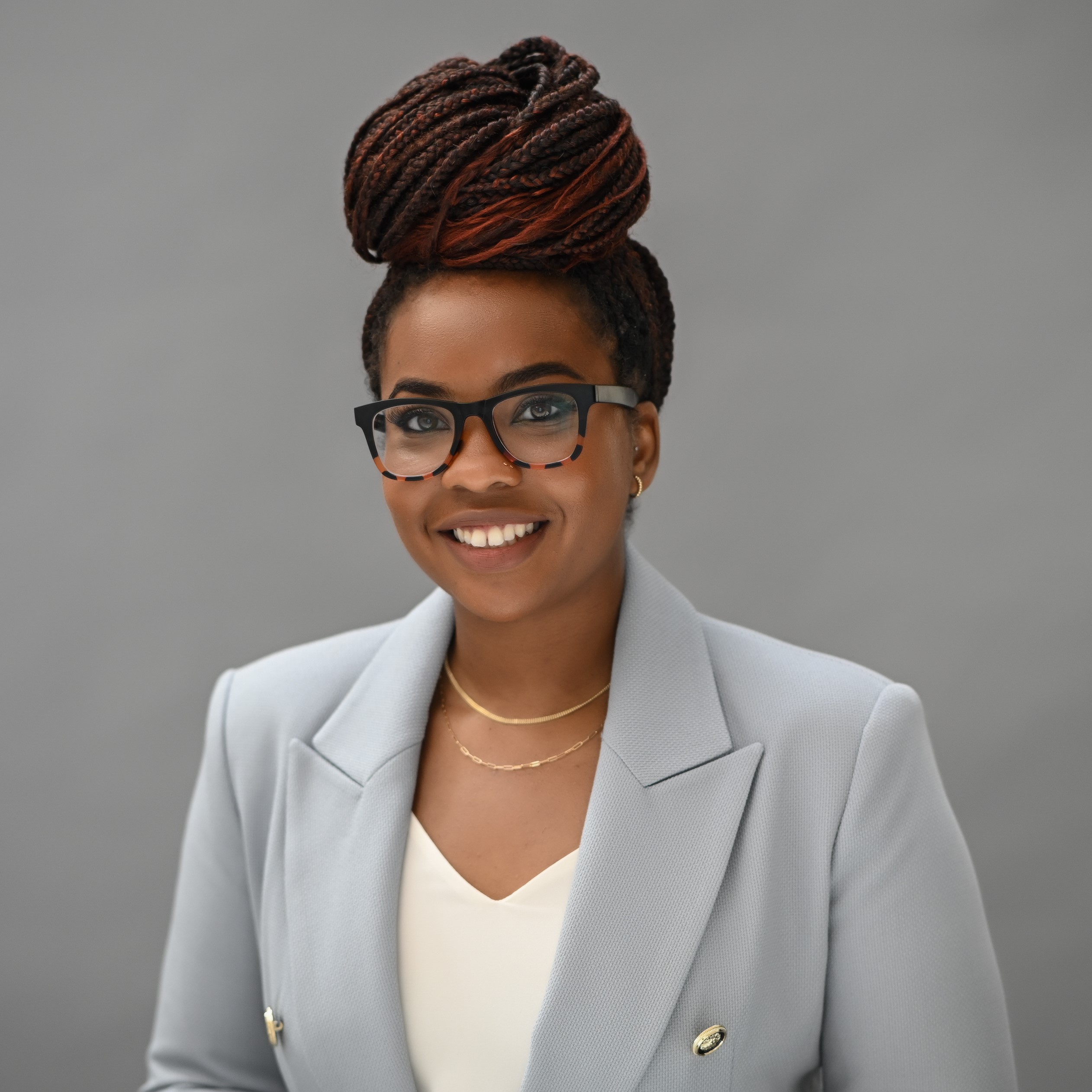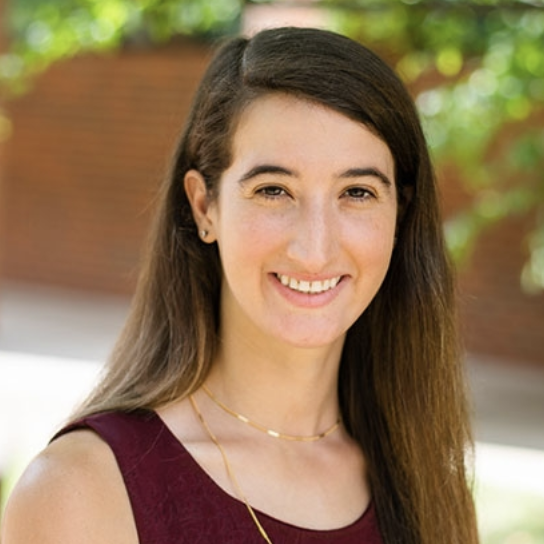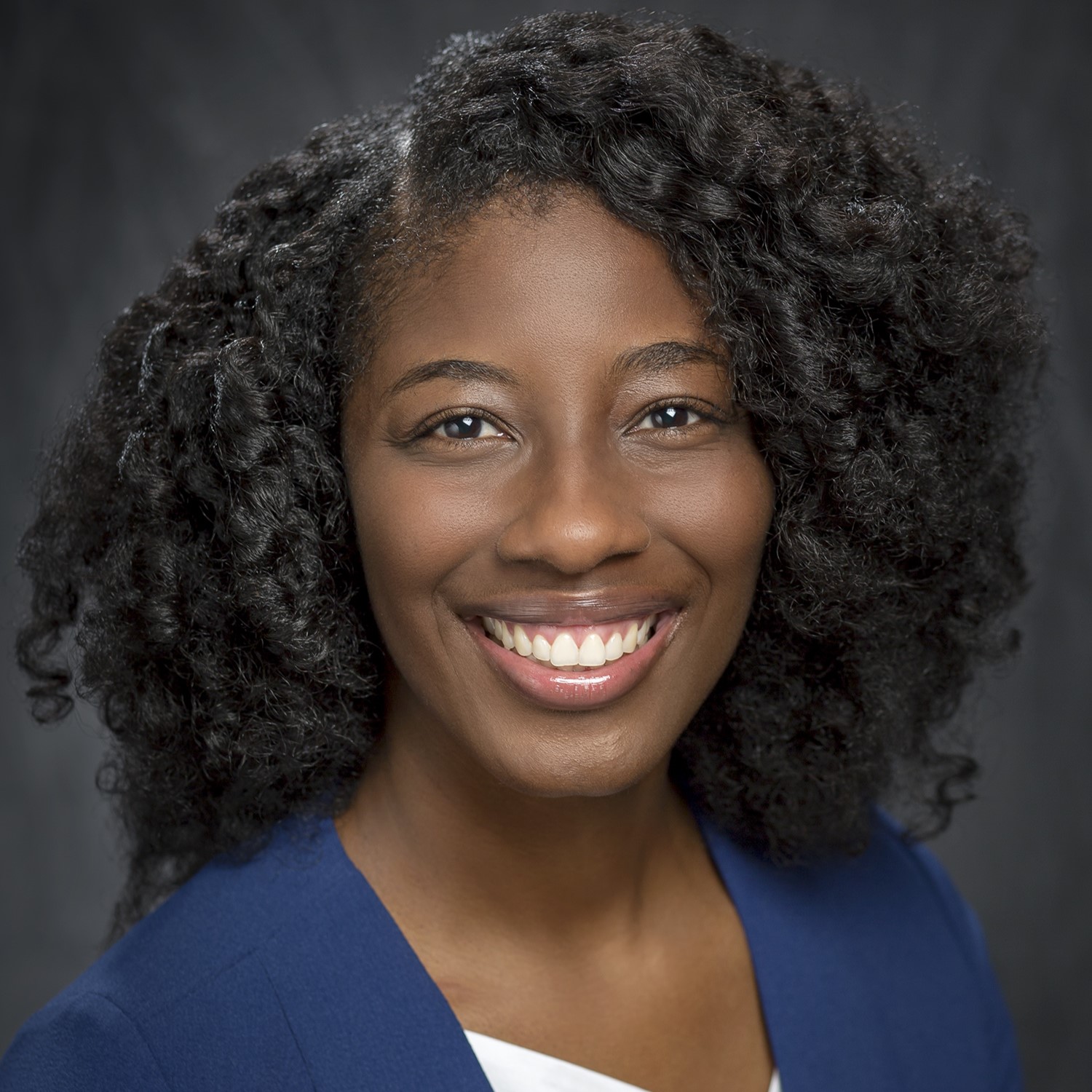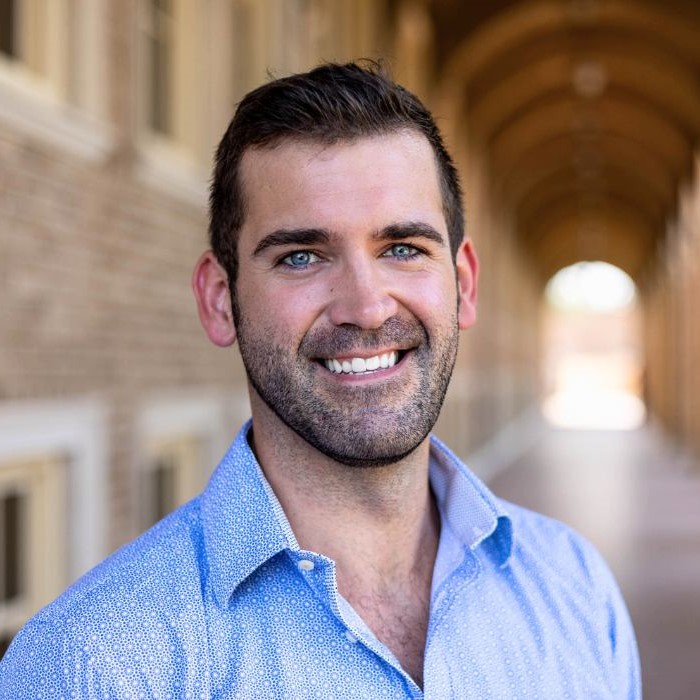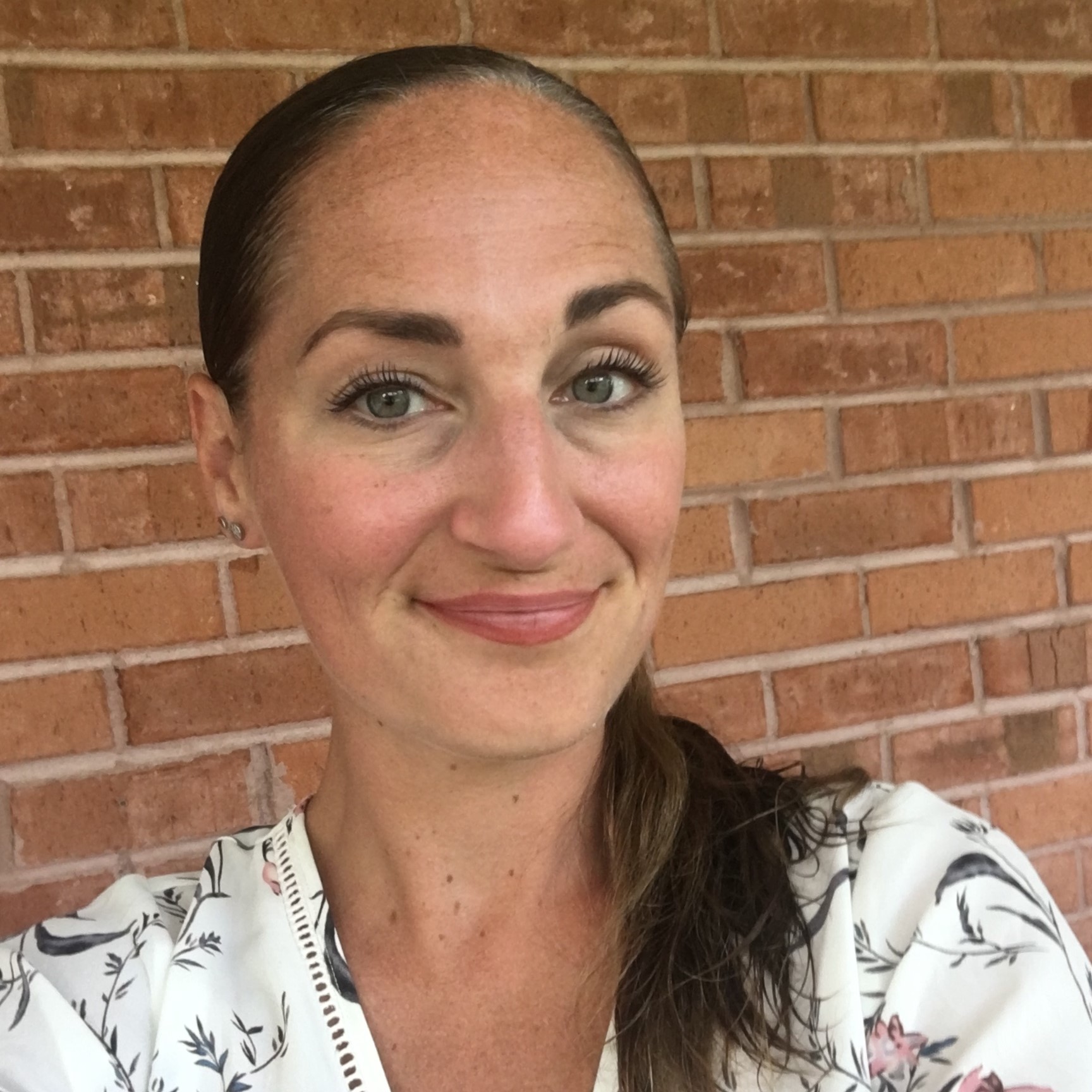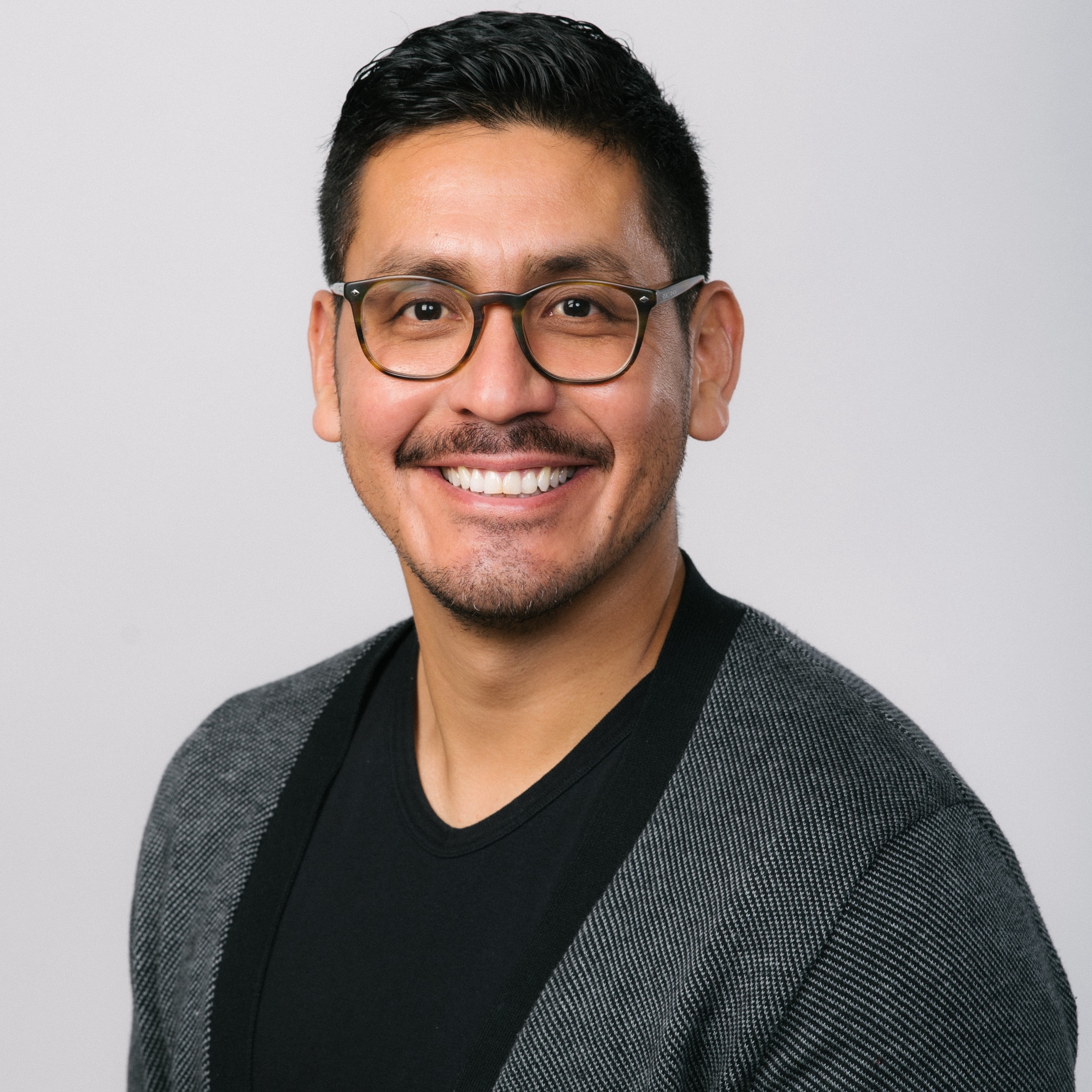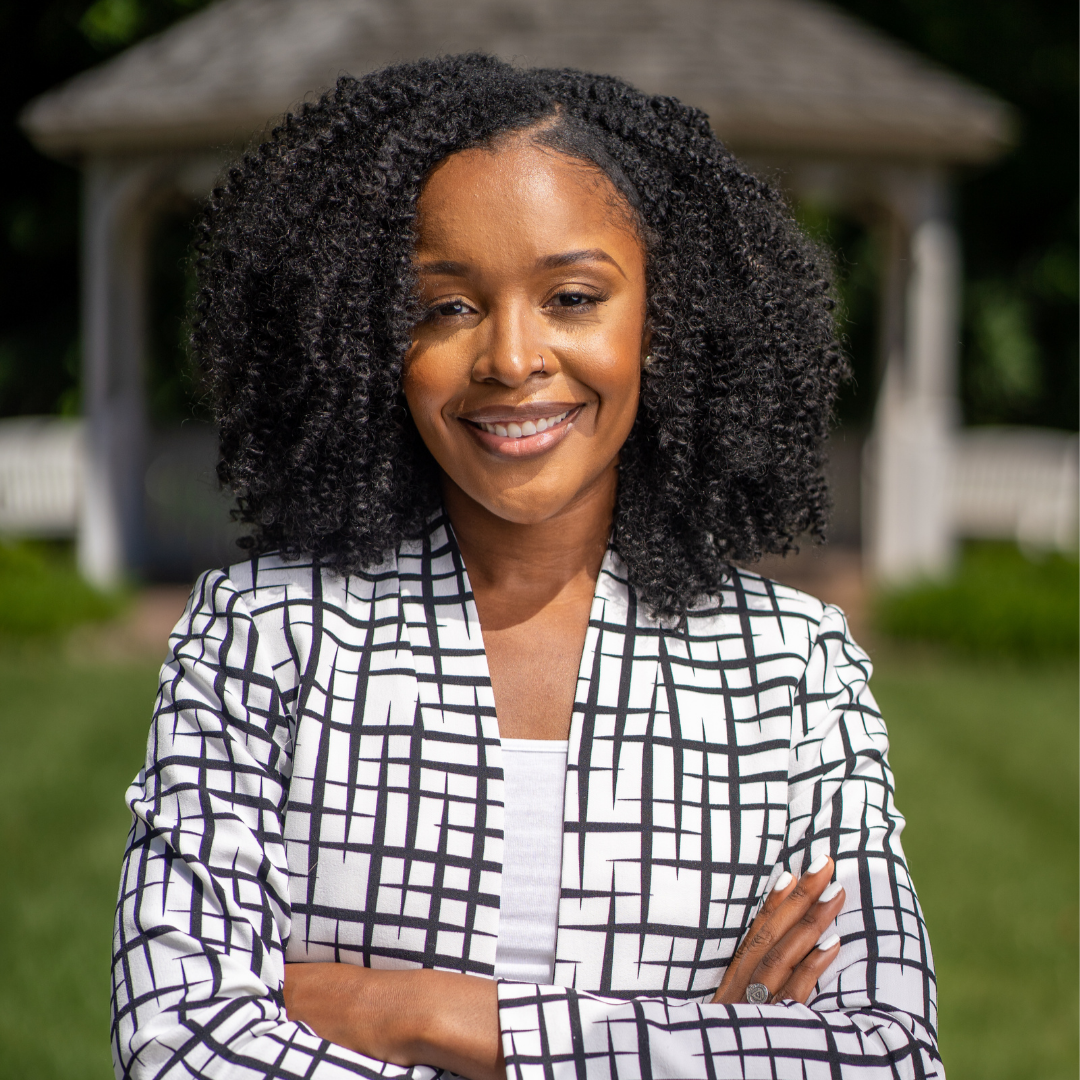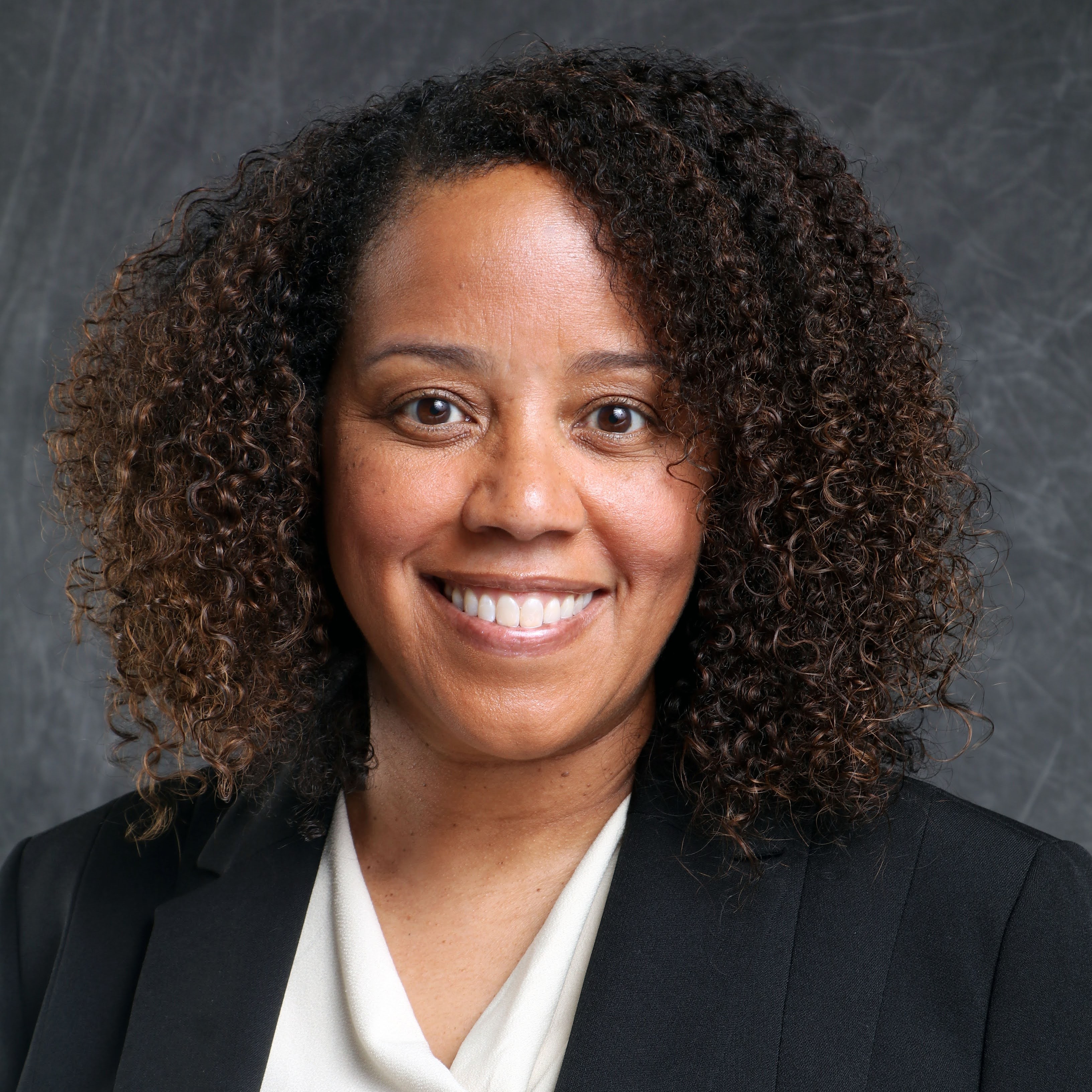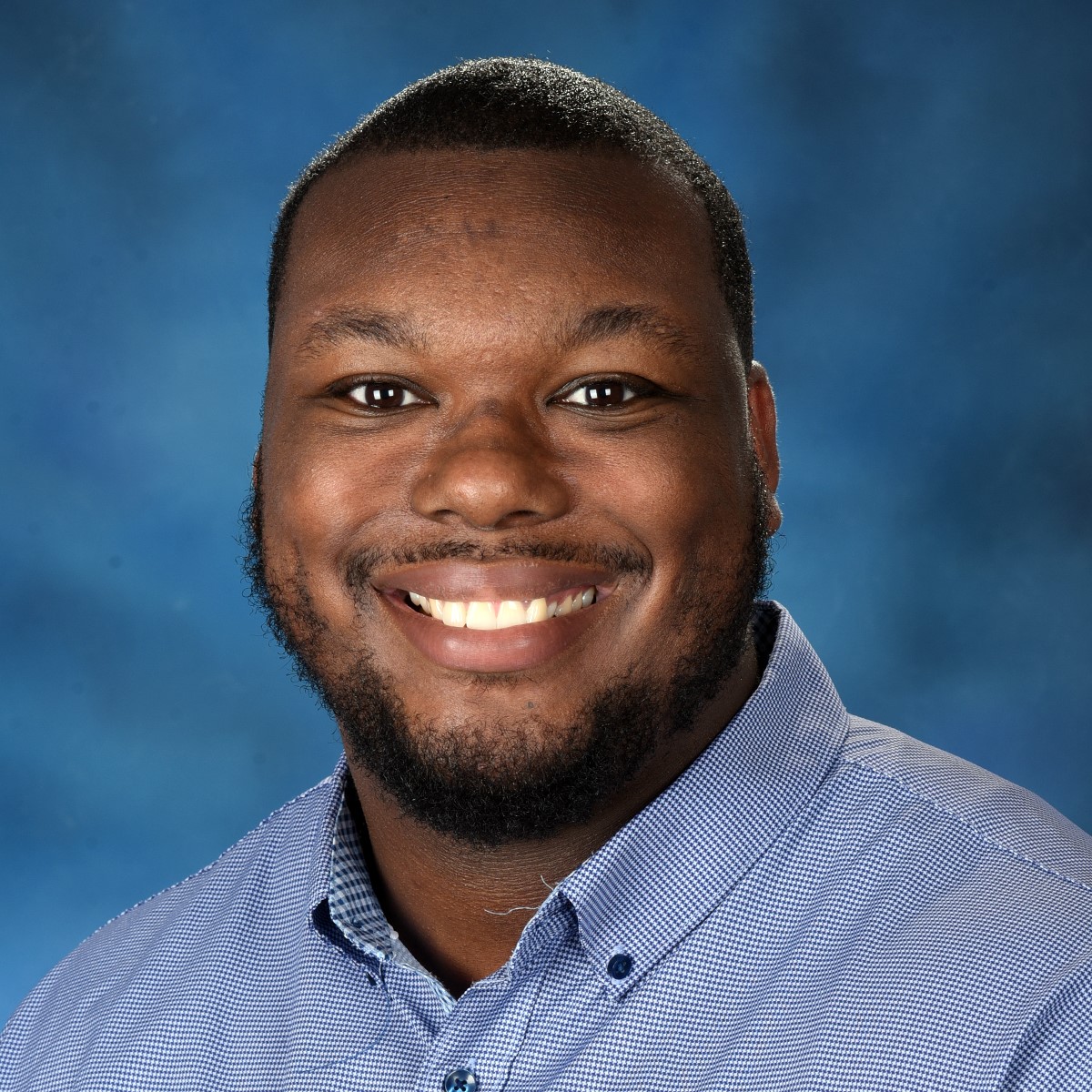Alexandrea Golden
Assistant Professor
University of Memphis
Dr. Golden’s research focuses on the resilience and positive development of racially minoritized youth who experience racism with a focus on Black adolescents. Her work focuses on three interdisciplinary lines of research including: (1) school racial climate, (2) peer racial socialization, and (3) critical consciousness. Dr. Golden will use her training from the IMMERSE fellowship to examine the complex interactions and nuances of sociocultural factors for promoting resilience in racially minoritized youth.
Alexa Budavari
Research Scientist, School of Education and Human Development
University of Virginia
Dr. Budavari’s research focuses on school-based mental health preventive interventions to promote positive emotional, behavioral, and academic outcomes for all students. Dr. Budavari plans to use training from the IMMERSE fellowship to investigate student- and school-level factors that may shed light on whether different variations of school-based interventions differentially benefit students, with an additional focus on further including disability status in health disparity and DEIA research.
Danielle R. Harrell
Assistant Professor, School of Social Work
University of Texas at Arlington
Dr. Danielle R. Harrell, PhD, LCSW is an Assistant Professor in the School of Social Work at the University of Texas at Arlington. Dr. Harrell’s research focuses on understanding social-ecological influences associated with mental health (e.g., depression and suicidal behaviors) and academic functioning among economically disadvantaged youth of color within K-12 schools. Dr. Harrell plans to use training from the IMMERSE fellowship to examine underlying patterns of risk and protective factors within the individual, family, and school contexts and their associations with mental health and academic outcomes for Black and Hispanic students.
Jacob Kirksey
Assistant Professor, College of Education
Texas Tech University
Dr. Kirksey is an Assistant Professor in the College of Education at Texas Tech University. His research focuses broadly on the intersection of education and public policy to enhance educational and economic outcomes for historically underserved populations. His work has delved into factors influencing student well-being in preK-12 public schools, college and career trajectories, and the dynamics of educator labor markets. Jacob is dedicated to fostering data-driven decision-making in local, state, and federal policy to support holistic solutions that minimize unintended consequences and maximize benefits for all stakeholders. He believes the IMMERSE fellowship presents an invaluable opportunity to further refine his expertise in leveraging big data to inform equitable policies, particularly in addressing the limitations of current research that often oversimplifies nuanced realities of educational systems.
Jennifer Cooper
Assistant Professor, School Psychology
Fordham University
Dr. Cooper’s research focuses on promoting social justice and culturally relevant school mental health services with a focus on supporting Black and Brown girls using a trauma-informed, intersectional feminist lens. Dr. Cooper plans to use training from the IMMERSE fellowship to investigate racial-ethnic, gender identity, and sexual orientation disparities in students’ school experiences, coupled with youth participatory approaches to promote youth engagement in research and social change. Dr. Cooper is also interested in identifying social justice dispositional profiles among educators, administrators, school psychologists, and other school mental health professionals.
Jose Palma
Assistant Professor
Texas A&M University
Dr. Palma’s research focuses on enhancing teaching and learning by developing effective measurement tools and assessment practices for children and youth, particularly those learning English and from economically disadvantaged and immigrant communities. Dr. Palma plans to use the training from the IMMERSE fellowship to understand the sociocultural factors that shape how students think and, hence, interpret and solve items.
Meeta Banerjee
Assistant Professor
University of South Carolina
Dr. Banerjee examines the interaction between ecological contexts (e.g., schools, families, neighborhoods, communities and racial discrimination) and parenting practices and how these processes directly and indirectly influence both psychosocial and educational outcomes in minoritized populations. Dr. Banerjee plans to use the training from the IMMERSE fellowship to identify barriers can play a role in the academic trajectories of Black and Brown youth.
Natasha Johnson
Assistant Professor
Columbia University
Dr. Natasha Johnson is a personality psychologist and social work scholar who utilizes quantitative, qualitative, and mixed methods to assess culturally-relevant developmental processes that facilitate resilience for Black youth. Dr. Johnson plans to use training from the IMMERSE fellowship to focus on cognitive functioning in adolescence, with a specific focus on examining the bidirectionality between cognition and discrimination.
Nathan Alexander
Assistant Professor
Howard University
Dr. Nathan Alexander is an assistant professor of data science and education. He holds a joint appointment in the Howard University School of Education and the Center for Applied Data Science and Analytics (CADSA), and he is the assistant director of the MS Program in Data Science. Dr. Alexander teaches courses in computational methods, curriculum & instruction, and applied statistics. His research explores the history and development of critical and justice-oriented practices in quantitative literacy development, especially in Black educational contexts. As an IMMERSE fellow, his primary goals are to work at the intersection of equity in mathematics and statistics education; for example, considering novel or less explored methods in secondary data analysis of k-12 data.
Sonyia Richardson
Assistant Professor, School of Social Work
University of North Carolina at Charlotte
Dr. Sonyia Richardson is an Assistant Professor in the School of Social Work, Director of the Race and Social Equity Research Academy, and the Founder and Director of the Mental Health Research and Practice Lab at the University of North Carolina at Charlotte. Her equity-focused research seeks to develop novel suicide prevention interventions and remove barriers to mental health treatment for Black youth populations. She seeks to eliminate mental health disparities through mixed-methods, community-engaged research. The IMMERSE Fellowship will enhance her work on using mixture modeling to understand risk profiles for suicidal risk behaviors among Black youth and inform prevention and intervention design efforts.
Stephen Gibson
Fifth-Year Doctoral Candidate
Virginia Commonwealth University
Stephen Gibson’s research is rooted in developmental science with the goal of identifying and amplifying the strengths and assets of Black families and children. Broadly, his research focuses on understanding how Black fathers' parenting strategies and behaviors mitigate the effects of racism and racial trauma on positive development among Black youth. Stephen plans to use training from the IMMERSE fellowship to identify profiles of parenting strategies among Black fathers and examine the profiles' effect on the mental health of Black youth.
Hye-Young Yun
Assistant Project Scientist
University of California, Los Angeles
Dr. Hye-Young Yun is an assistant project scientist at the University of California, Los Angeles. Dr. Yun's research focuses on the social, behavioral, and psychological process of youth at school. She is interested in using longitudinal mixture modeling to highlight the importance of both exploring heterogeneity in bullying-related behaviors and considering the influence of individual characteristics and school racial/ethnic diversity.
